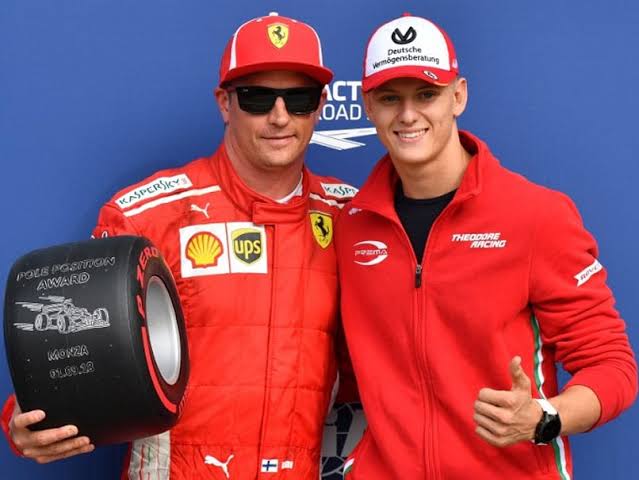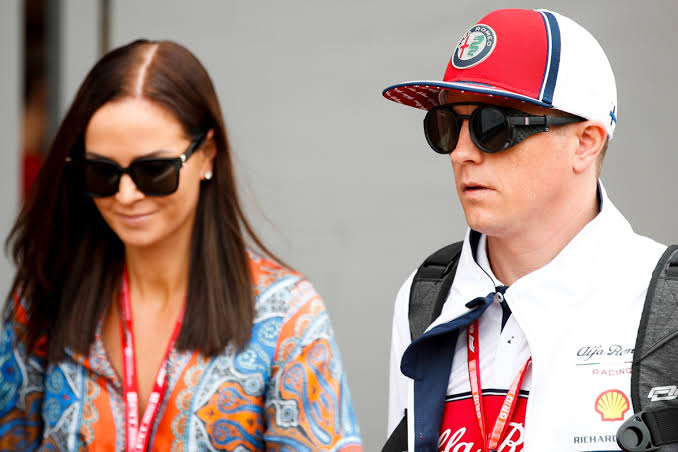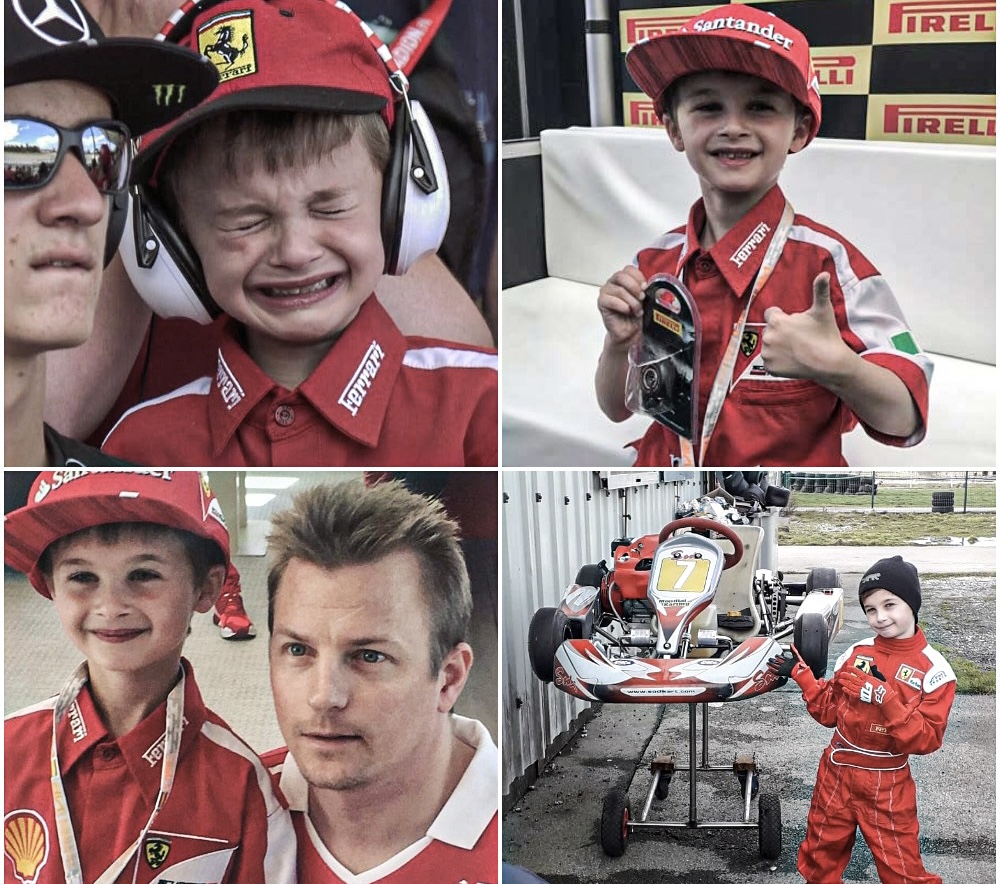In the world of Formula 1, where personalities often clash and egos run high, genuine admiration between two elite drivers is something to be appreciated. Sebastian Vettel’s words about Kimi Räikkönen have stood the test of time: “Kimi is Kimi. Nothing more to say, everyone understands what I mean.” A simple sentence, yet it speaks volumes about one of the sport’s most enigmatic and respected figures. Coming from a four-time World Champion and former teammate, the statement resonates beyond the usual praise exchanged in the paddock.
Vettel and Räikkönen shared a garage at Scuderia Ferrari between 2015 and 2018, during a time of high pressure and expectations at the Italian team. Yet, unlike other teammate pairings riddled with rivalry or politics, their partnership was refreshingly calm and mutually respectful. Vettel took on the role of lead driver, but Kimi was always there—reliable, unbothered by hierarchy, and utterly true to himself. The absence of conflict between the two wasn’t an accident; it was a result of Kimi’s grounded nature and Vettel’s genuine respect for that.
“It is impossible to have a problem with him,” Vettel once remarked. “If it happens, it means that you have a problem with yourself.” That kind of praise is rare in a sport built on fierce competition. It captures the essence of Räikkönen’s personality: introverted, focused, honest to a fault, and completely uninterested in drama. He was never the kind of teammate to play games or seek attention. He showed up, did the job, and went home—sometimes literally disappearing before post-race interviews even began.
For many, Kimi’s appeal lies in his consistency and emotional detachment, which earned him the nickname “The Iceman.” His infamous radio messages—short, blunt, and often hilarious—became fan favorites not because he tried to be funny, but because he didn’t care to sugarcoat anything. That same authenticity is what endeared him to Vettel. While the sport became increasingly polished and PR-driven, Kimi remained unchanged, a raw, honest competitor in a rapidly evolving circus.
Off the track, the dynamic between Vettel and Räikkönen was marked by quiet understanding rather than public displays of camaraderie. They didn’t need to post selfies or orchestrate friendly banter for social media. Instead, they exchanged nods, shared laughs in private, and built a bond on mutual principles. Vettel has admitted that while Kimi rarely made jokes, his sheer straightforwardness and timing often made him the funniest guy in the room without trying.
Kimi’s legacy isn’t just in the stats or the single world title he won in 2007. It’s in how he carried himself across two decades of racing. He never chased fame or headlines. He didn’t conform to media expectations. Yet, he remained one of the most beloved figures in the sport. For Vettel and countless others, Kimi was a reminder of what racing once was—pure, unfiltered, and guided by instinct rather than image.
As Vettel himself begins to embrace life beyond Formula 1, his words about Räikkönen remain powerful. In an age where the line between athlete and brand continues to blur, Kimi stood as a defiant symbol of authenticity. And thanks to heartfelt tributes from fellow drivers like Vettel, the legend of the Iceman isn’t fading—it’s frozen in time.



